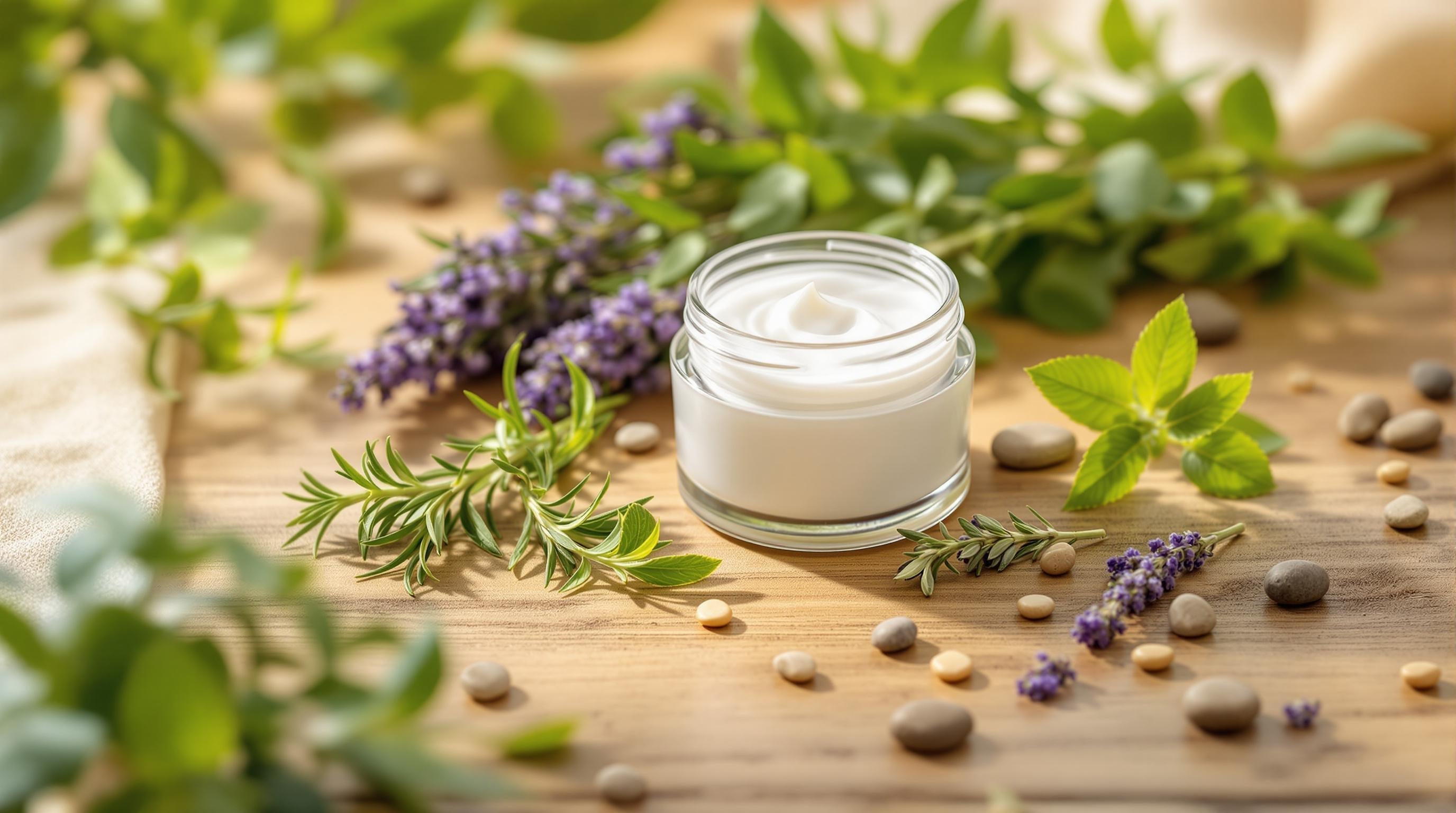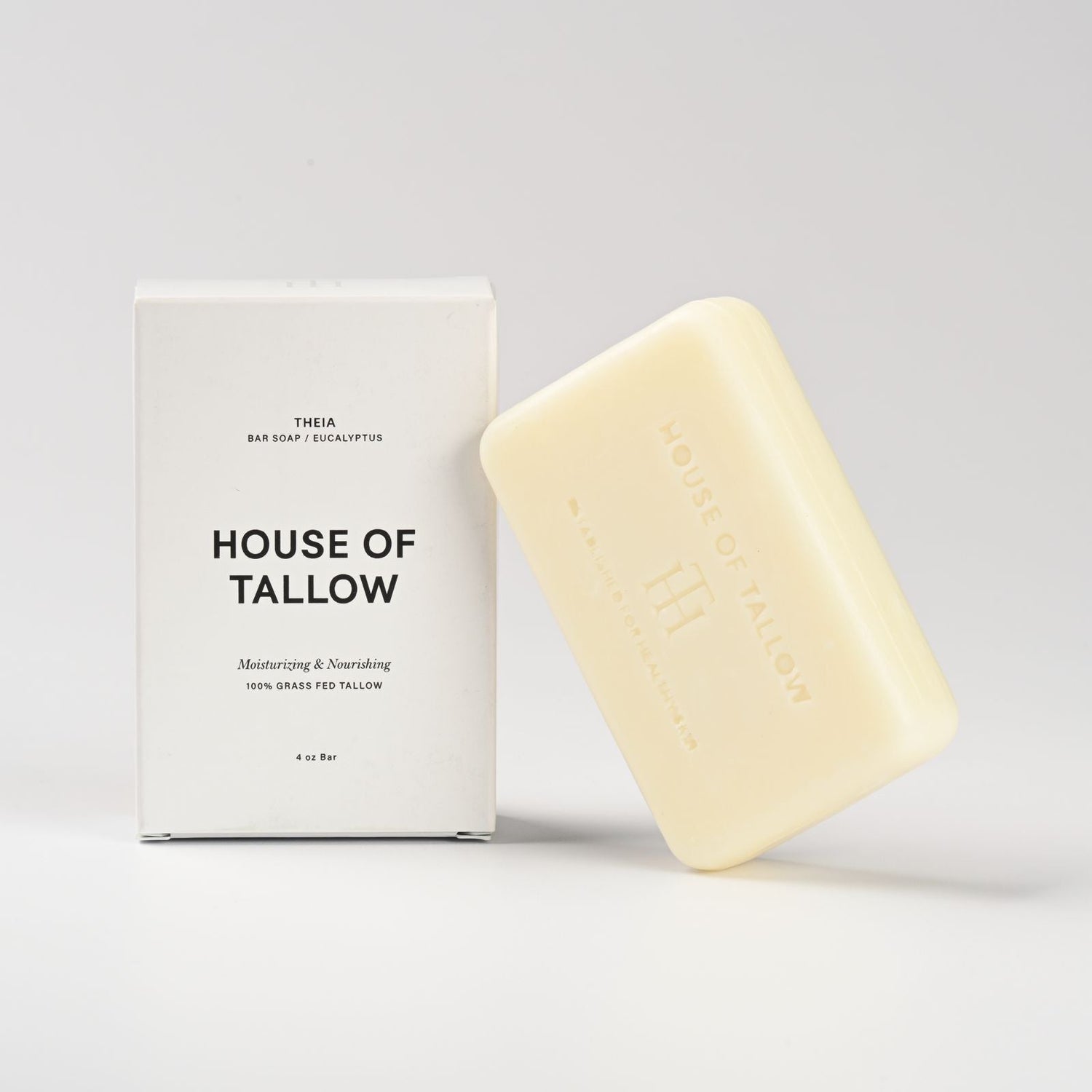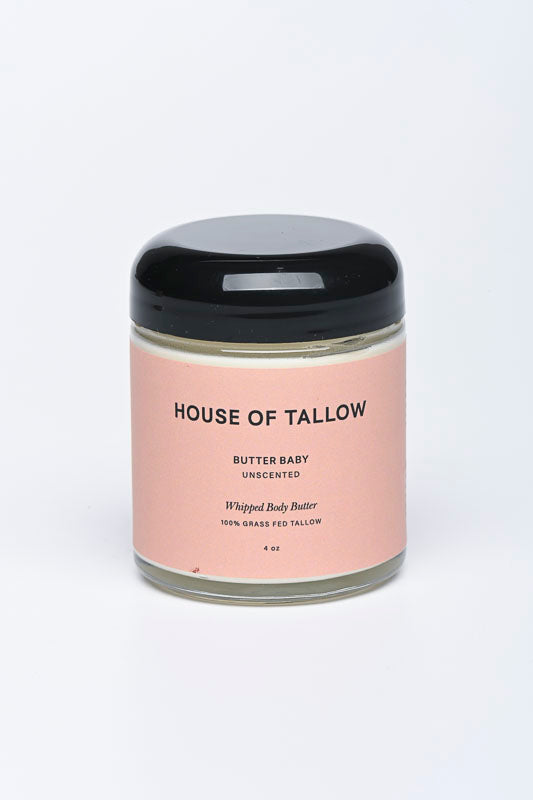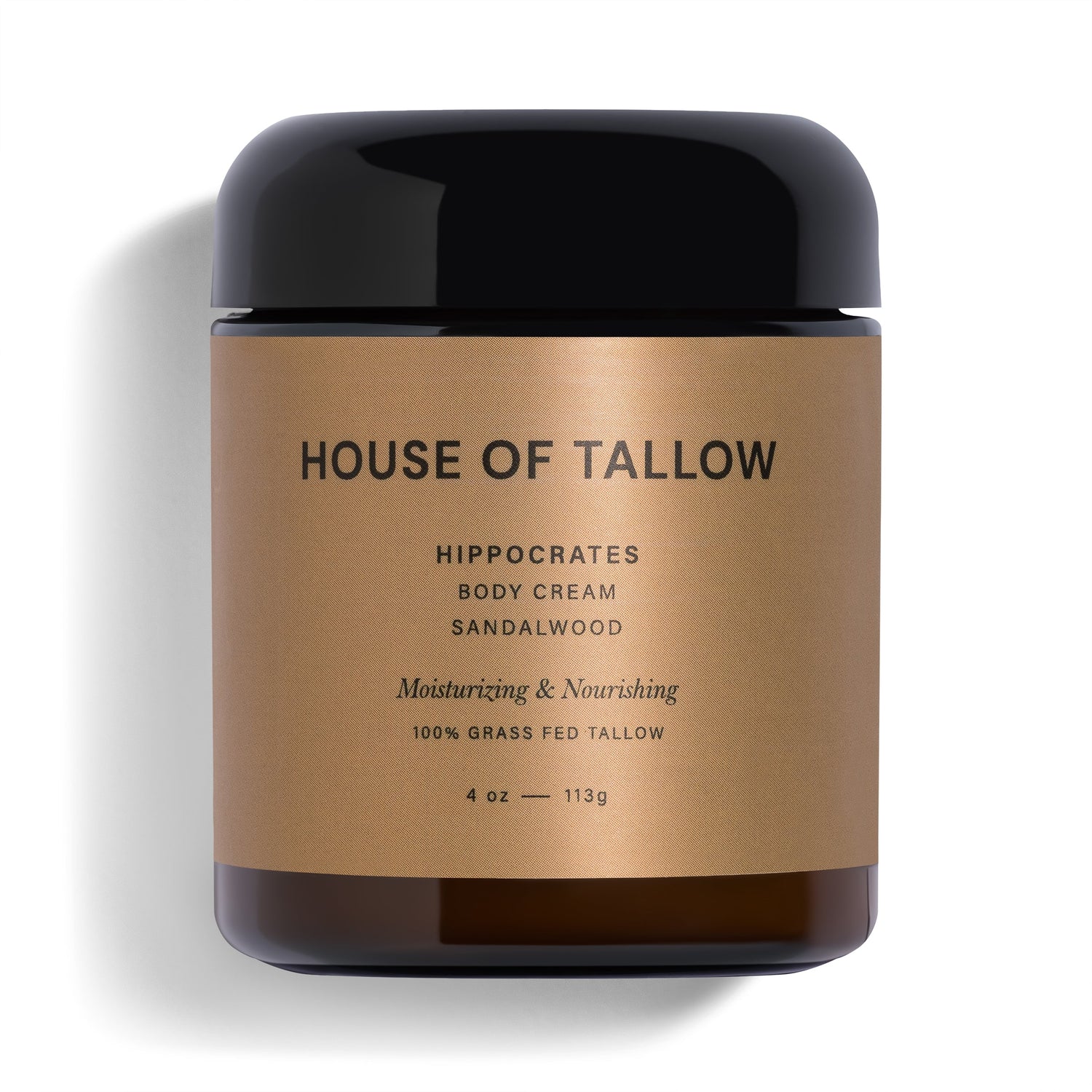Natural preservatives keep skincare products safe by stopping bacteria, mold, and yeast growth, while being gentler on skin and the environment. They also offer extra benefits like antioxidants that protect your skin. Key natural options include:
- Rosemary Extract: Preserves and acts as an antioxidant.
- Grapefruit Seed Extract: Provides antimicrobial protection.
- Vitamin E: Strengthens skin and fights free radicals.
- Potassium Sorbate & Sodium Benzoate: Prevent microbial growth and maintain product safety.
Natural preservatives are biodegradable, less likely to irritate sensitive skin, and align with eco-conscious choices. However, they may require proper storage and careful label-checking to ensure effectiveness. Look for brands like House of Tallow or Codex Labs that prioritize natural preservation systems.
Natural Preservatives For Skincare Products
Understanding Natural Preservatives
Natural preservatives come from plants, animals, and minerals. They help protect skincare products from contamination and are a gentler alternative to synthetic preservatives. With more people seeking "clean-label" products, these preservatives are gaining popularity.
Common Types of Natural Preservatives
There are several natural preservatives commonly used in skincare today. Rosemary extract is a standout because it works as both a preservative and an antioxidant. Grapefruit seed extract offers broad antimicrobial protection, while essential oils like jasmine and ylang-ylang contain benzyl alcohol, which helps prevent product breakdown [1][3].
These ingredients often do double duty. For example, House of Tallow uses rosemary extract not just for preservation but also for its antioxidant properties.
Another example is Codex Labs' PreservX®, which combines probiotics and plant-based ingredients to create a microbiome-friendly preservation system [5].
Differences Between Natural and Synthetic Preservatives
Natural and synthetic preservatives vary in their source, environmental impact, and how they function:
| Aspect | Natural Preservatives | Synthetic Preservatives |
|---|---|---|
| Source | Sourced from plants, animals, or minerals | Made artificially in labs |
| Environmental Impact | Biodegradable, lower footprint | Can contribute to pollution |
| Skin Compatibility | Gentler, less likely to irritate | May cause sensitivity or allergies |
| Additional Benefits | Often offer skincare perks like antioxidants | Typically single-purpose |
| Effectiveness Duration | May need higher amounts or combinations | Usually last longer with smaller amounts |
Ingredients like potassium sorbate and sodium benzoate show how natural preservatives can maintain product safety while being gentle on the skin. Combining these natural options allows formulators to protect products effectively without compromising skin health - a balance we'll explore further in their mechanisms of action.
Mechanisms of Natural Preservatives
Natural preservatives help keep skincare products safe and effective by working through three key mechanisms.
Stopping Microbial Growth
Ingredients like potassium sorbate and sodium benzoate interfere with the cell membranes and metabolic functions of bacteria, molds, and yeasts, preventing them from multiplying [1]. Alongside controlling microbes, these preservatives also slow chemical breakdown by acting as antioxidants.
Protecting Against Oxidation
Antioxidants such as Vitamin E (tocopherol) and rosemary extract guard both the product and your skin [2][4]. Here's what they do:
- Prevent ingredients from breaking down
- Keep the formula stable over time
- Shield your skin from external stressors
Balancing pH Levels
pH regulation plays a critical role in preservation by creating conditions where harmful microbes can't thrive. For example, citric acid helps maintain an acidic environment that deters pathogens while matching your skin's natural pH [2].
sbb-itb-a1b9fc0
Advantages of Using Natural Preservatives in Skincare
Gentle on Sensitive Skin
Natural preservatives like rosemary extract and tocopherol (vitamin E) are often kinder to sensitive skin. They not only help maintain product freshness but also work with your skin's natural processes to reduce irritation and inflammation. This makes them a great choice for those with delicate or reactive skin [1][3].
Better for the Environment
Skincare enthusiasts are increasingly considering the environmental impact of their purchases. Natural preservatives are a more eco-conscious option compared to synthetic ones. As 100% PURE explains:
"We're passionate about natural preservatives because of their environmental impact. Many conventional preservatives used in cosmetics contribute to pollution, by using non-renewable fossil fuels or contaminating precious water resources." [3]
Derived from renewable resources, these preservatives break down naturally, minimizing harm to the planet [2][3]. Plus, they often bring added skincare benefits, making them a win-win for both your skin and the environment.
Extra Skin Benefits
Natural preservatives do more than just keep products fresh - they can also boost your skincare routine. Some examples include:
- Grapefruit Seed Extract: Offers antimicrobial properties and is packed with vitamins E and C.
- Rosemary Extract: Acts as an antioxidant, soothes inflammation, and shields against environmental damage.
- Vitamin E (Tocopherol): Strengthens the skin's barrier, fights free radicals, and helps preserve products [3].
This dual-purpose approach - preserving products while nourishing the skin - has made natural preservatives a favorite among brands and consumers focused on both performance and sustainability [2][3].
Selecting Skincare Products with Natural Preservatives
Spotting Natural Preservatives on Labels
When examining skincare product labels, it's important to look for ingredients like potassium sorbate, sodium benzoate, and benzyl alcohol. These are commonly used natural preservatives that serve different purposes. For instance, potassium sorbate works well in water-based products, while sodium benzoate is more effective in acidic formulations [1].
Some brands might use terms such as "naturally derived" or "plant-based preservatives." While these phrases can give you a hint, it's always a good idea to check the full ingredient list. Ingredients like rosemary extract and vitamin E (tocopherol) are worth noting because they not only act as preservatives but also offer skincare benefits. Checking labels carefully ensures your choices align with the preservation methods discussed earlier.
How Natural Preservatives Impact Shelf Life
Natural preservatives influence how long a product stays safe and effective. To extend a product’s shelf life and maintain its quality, follow these tips:
- Store products in cool, dry places away from direct sunlight.
- Pay attention to expiration dates.
- Watch for changes in appearance or scent that may indicate spoilage [2][4].
Products with natural preservatives often have shorter shelf lives compared to those with synthetic ones. However, proper storage can help preserve their effectiveness. For example, Codex Labs uses a blend called PreservX, which combines probiotics and coconut oil. This blend not only preserves the product but also supports pH balance and has been independently certified as microbiome-friendly [5].
Brands That Prioritize Natural Ingredients
House of Tallow is a great example of a brand that uses natural preservatives like vitamin E and rosemary extract in its tallow-based products. Their offerings, such as Gaia (Unscented) and Theia (Eucalyptus) body creams, showcase this approach. When choosing skincare products, look for brands that:
- Clearly list their preservative systems.
- Provide detailed ingredient information.
- Emphasize sustainability in their practices.
- Are transparent about their manufacturing processes.
Conclusion: The Role of Natural Preservatives
Natural preservatives provide a twofold benefit: they protect skincare products from spoilage and promote skin health by offering antioxidant effects and controlling microbial growth. These ingredients cater to the increasing preference for safer options that work in harmony with the skin's natural processes. They address key preservation needs - microbial control, oxidation prevention, and pH balance - while aligning with modern consumer preferences.
This shift in the skincare industry reflects a broader move toward safer, eco-friendly alternatives. Derived from renewable sources, natural preservatives not only perform effectively but also have a smaller environmental footprint compared to synthetic options [1].
Brands such as House of Tallow highlight this approach by incorporating vitamin E and rosemary extract into their tallow-based products. These ingredients not only extend shelf life but also provide nourishing benefits for the skin [3].




